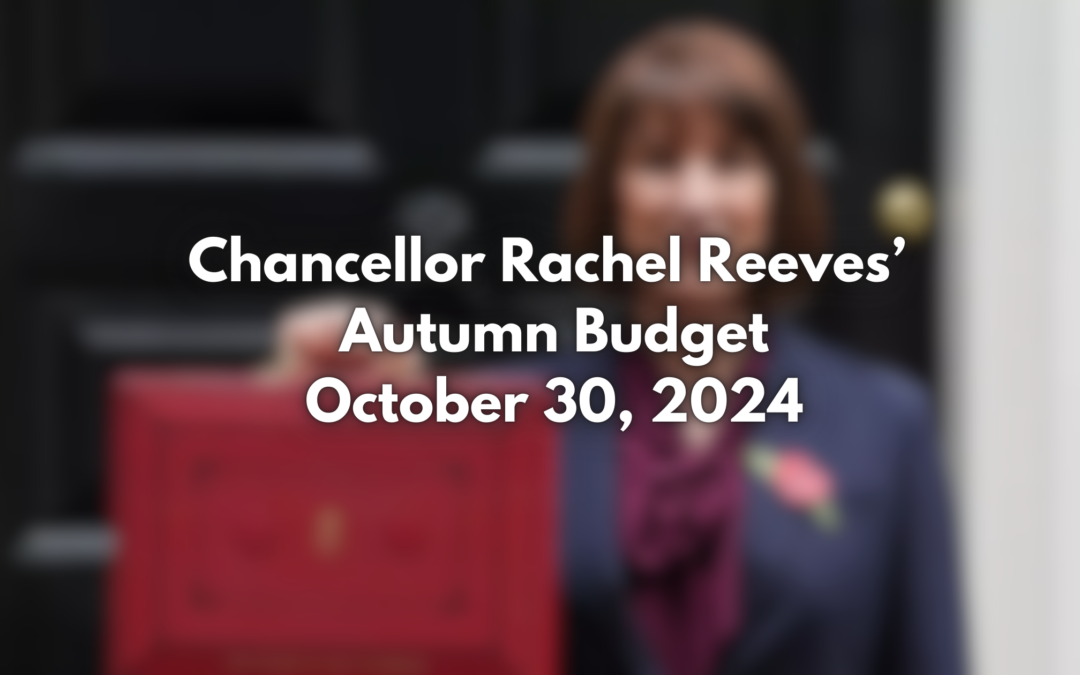The UK Government have published guidance regarding the Code of Practice for Commercial Property Relationships, during the COVID-19 Pandemic.
Ministerial Foreword (Source: gov.uk)
Our commercial property sector is respected across the world and has attracted record international investment in recent years. It acts as a foundation for our economy, providing our businesses with space to operate even as their needs change. Likewise, commercial landlords rely on a vibrant and growing business community to occupy their properties.
The current pandemic, and the necessary restrictions government has introduced to constrain it, represent an unprecedented challenge for both tenants and landlords. While some of these restrictions are now being lifted, we know that the economic disruption of coronavirus will continue to be felt for some time.
Our objective for the commercial property sector during this period is simple: to provide the right support to those in the chain of commercial property payments, from customers, to tenant businesses, to commercial landlords and lenders, so that our economy can recover swiftly. To date, this has meant enacting a moratorium on forfeitures and associated measures for tenant businesses and making available over £330 billion of guaranteed loans. This in addition to a significant package of interventions including business rate relief and the world-leading Coronavirus Job Retention Scheme.
Now, this code will support businesses to come together to negotiate affordable rental agreements. It builds upon the discussions already taking place by giving those tenants and landlords affected by the crisis the tools to come to a mutually beneficial agreement; ensuring that best practice becomes common practice.
Government has always been clear that tenants who are able to pay their rent in full should continue to do so, whilst those businesses that cannot pay in full should communicate with their landlord and pay what they can. Landlords should also provide support to businesses if they too are able to do so.
This code of practice sits alongside other measures, such as the moratorium on forfeiture of commercial leases and changes to Commercial Rent Arrears Recovery, statutory demands and winding up petitions, which provide tenant businesses the breathing space to work with landlords and other partners on a plan for a sustainable future. But these measures cannot last forever, which is why we have worked closely with leading business groups to publish this code of practice.
Our transition back to normality will take time and government will continue to monitor the economy to determine whether further intervention is necessary. This code of practice represents a good starting point on our road to economic recovery.
Simon Clarke MP
Minister for Regional Growth and Local Government
You can access the full Guidance here.





